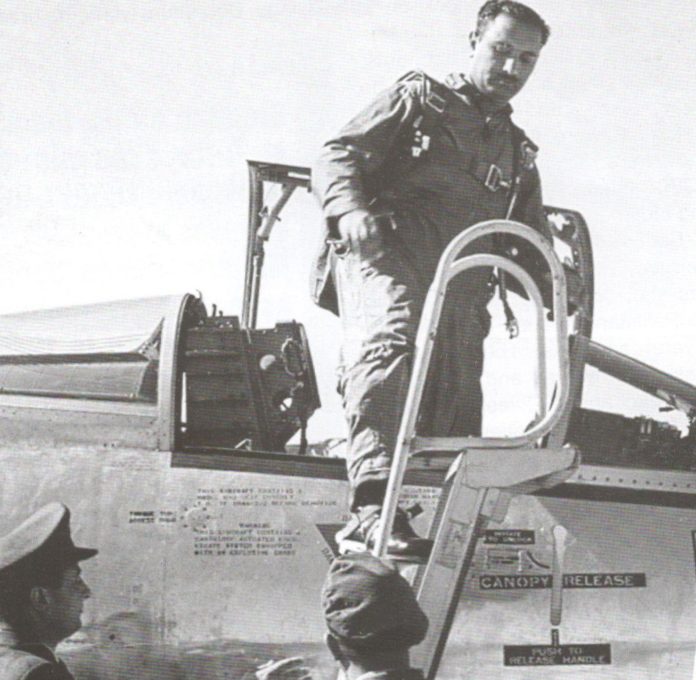A Jammu and Kashmir native who rose to become the first and youngest-ever chief commander of the Pakistan Air Force, Air Marshal Asghar Khan, died due to acute respiratory infection and subsequent cardiac arrest in Rawalpindi on Friday. He was 96.
He belonged to a well-to-do family of Khans that owned houses and land in Srinagar. His father, Rahmatullah Khan, was a brigadier-rank officer in Maharaja Ranjit Singh’s army.
The Khans resided at the Bagh-i-Mehtab locality in the outskirts of Srinagar and owned entire tracts of the land surrounding it, then known as “General Bagh”. They also owned a large farm in Rayar, Doodh Pathri, in central Kashmir’s Badgam district, which now houses a government sheep farm. Both properties have been taken over by the custodian department. After the Khans’ eviction, their land, now identified as the Bagh-i-Mehtab locality, was first used to establish a jail. The prison was later moved, and the land was leased out to people for residential purposes.
In the 1940s, as India’s partition took over the minds of people in the subcontinent, uncertainties started cropping up in the Kashmir region as well. Historical accounts state that the Kashmir government in 1948 was tightening its noose on people favouring Pakistan, and it was at this time that the general and his family were sent across the border in exchange for Indian prisoners of war (POWs) captured by the Pakistani authorities.
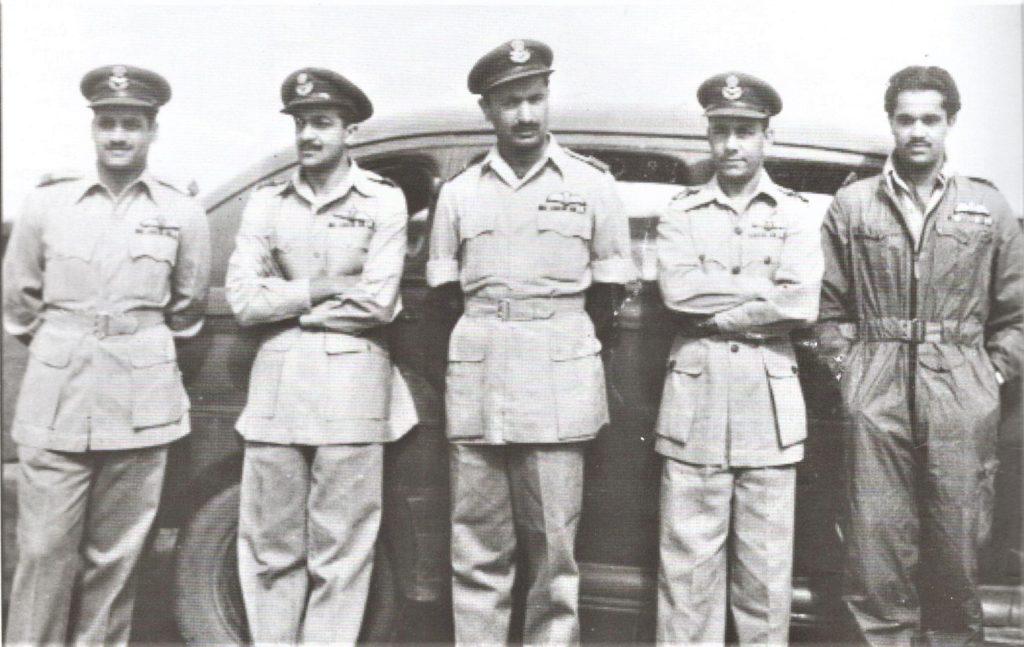
“Khan was the first Kashmiri to rise to such a high rank,” historian and columnist Ashiq Hussain said. “He was the son of the soil.”
Hussain said that in 1947, it was a tradition that all opposition to Sheikh Abdullah was crushed by forcibly sending dissidents across the Line of Control. Such, he said, was the case with Khan’s father, Brigadier Rahmatullah Khan.
Political commentator Dr. Sheikh Shokwket Hussein said that there was a rebellion in many parts of Kashmir in which the very officials working with the then Kashmir ruler, Maharaja Hari Singh, were involved.
“As such, he dumped pro-Pakistan Kashmiris into prison,” Hussein said. “Rahmatullah Khan was captured and made a prisoner of war. So were K H Khurshid and other people like them. It was the first time the sons of a nation were POWs in their own place. K H Khurshid was exchanged in return for Brigadier Gansara Singh who was imprisoned by the people of Gilgit, while Rahmatullah Khan was exchanged with other POWs. This was done to clear the opposition to Sheikh Abdullah.”
According to the accounts, Brigadier Khan and his family, who were also imprisoned by the Maharaja, were flown to Pakistan and were exchanged with the POWs, Indian flying officer D Cruz and Indian journalist P N Sharma.
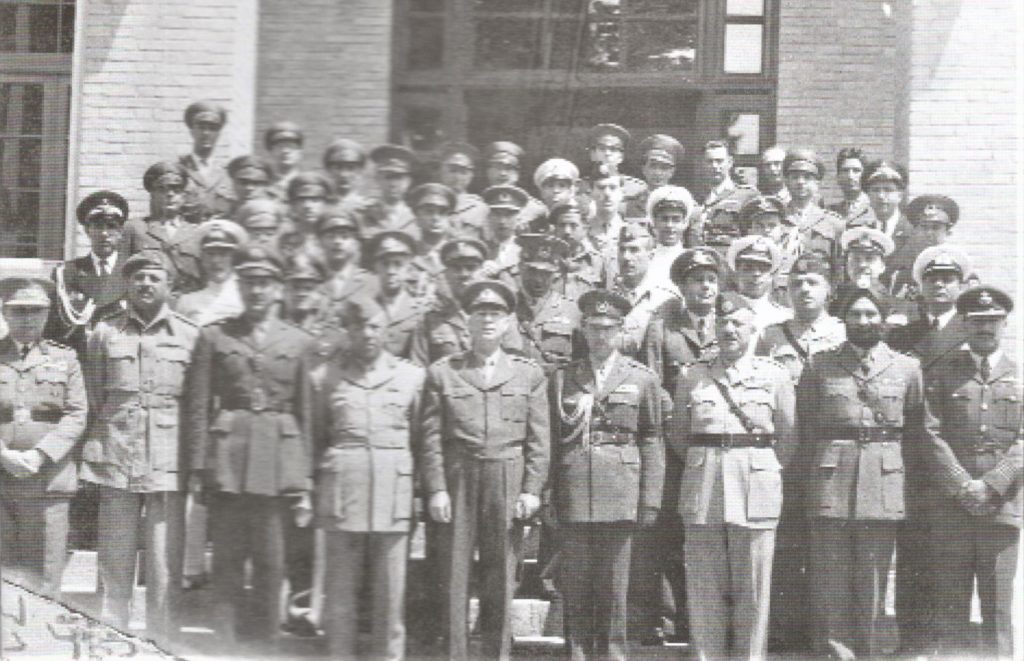
Both Indian nationals were on their way by plane to India when it was shot down over Muzaffarabad by Pakistani forces, according to several accounts. Then the Red Cross got involved and brokered a POW exchange between the Indian and Pakistani authorities.
Subsequently, an Indian Dakota airplane carrying Khan and his family flew to Pakistan’s Chaklala airbase in Rawalpindi on December 2, 1948, wherein the exchange took place, and the Brigadier and thus the Khan family were brought to Pakistan.
“Air Marshal Asghar Khan was not in Kashmir when these developments were taking place,” former Senior Superintendent of Police (SSP) Israr Khan, who happens to be Air Marshal Khan’s first cousin, told Kashmir Reader. “When my uncle, Brigadier Rahmatullah Khan, went to Pakistan, the Air Marshal was posted in Abbottabad, which lies now in Pakistan. From there, he joined the Pakistan Air Force in 1948.”
The former SSP said that the Air Marshal had eight brothers and that all of them shifted to Pakistan.
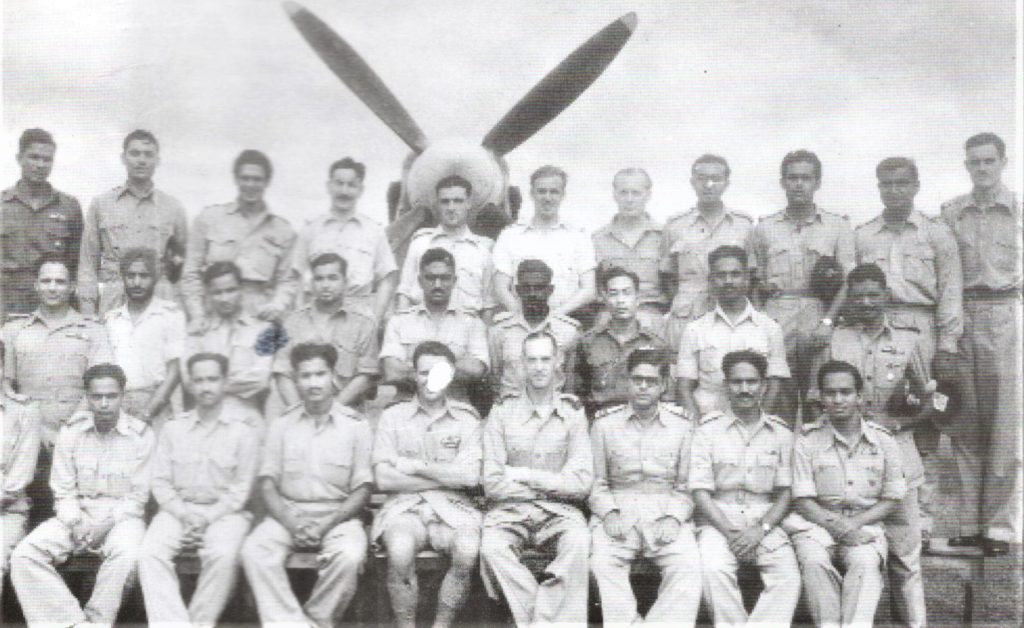
“We belonged to one Khan family which happened to be from Udhampur. Some of us were based in Jammu and some in Srinagar. He (the Air Marshal) loved Kashmir to the core since his roots were from Kashmir,” Israr said.
Credited as the founder of the modern Pakistan Air Force, Khan was born in winter capital Jammu on January 17, 1921. In 1940, as the Second World War was in progress, he went to the Royal Indian Military College, Dehradun, where he graduated as a commissioned officer in the 9th Royal Deccan Horse in 1940, following which he was attached to the newly-established Roya; Indian Air Force the same year.
In 1944, Khan served as a flight commander in Burma and later took part in the Burma war and was also given charge to carry out air strikes against the Japanese army.
in 1945, Khan was made Squadron Leader and in 1946, he was trained in flying jet aircraft in Britain.
After the birth of Pakistan, Khan was given administrative duties at the Pakistan Air Force College, Risalpur„
“He welcomed Quaid-e-Azam Muhammad Ali Jinnah on his arrival in Risalpur. Khan was made the Group Captain in 1949, and in the same capacity, he undertook charge of air operations,” Pakistan’s Express Tribune daily reported.
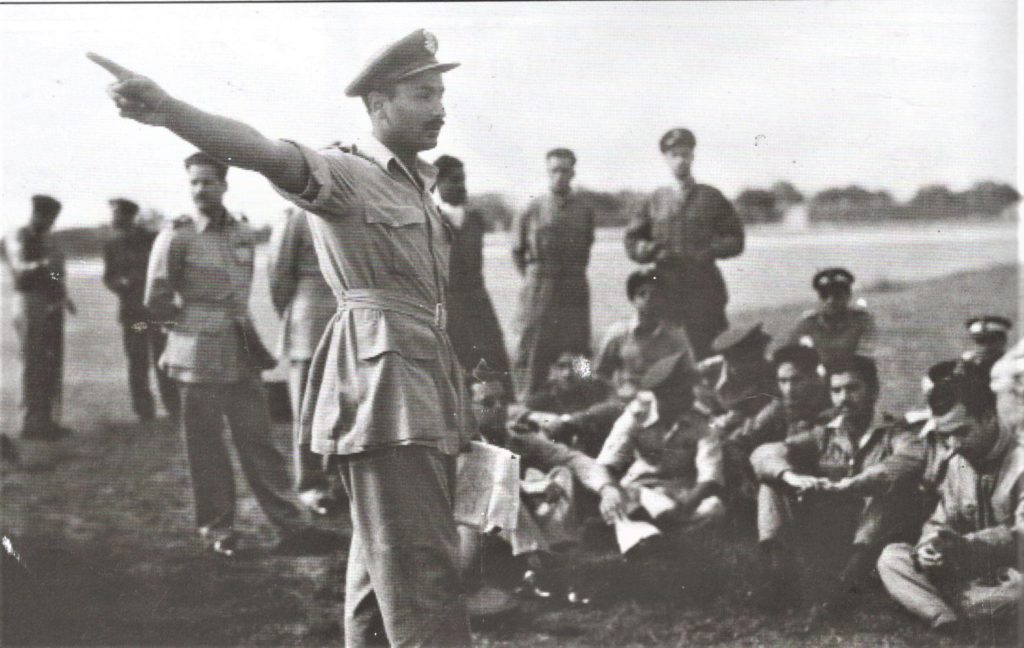
“He was awarded by the Royal Air Force Staff College, Britain, for his exceptional performance. Khan was made Air Vice-Marshal in 1957 at the age of 36, and in 1958 became Air Marshal and was awarded Hilal Quaid-e-Azam and Hilal Pakistan accolades,” the news-paper reported.
During his stint as air commander, the Pakistan Air Force saw extensive modernisation in terms of both technical and military equipment. Currently, the Pakistan Air Force is regarded as one of the strongest in the Muslim world.
“After resigning from the force, he founded the Istiqlaal party, whose purpose was to bring ex-servicemen under one umbrella. He tried a lot, but the plan fizzled out due to the rise of (former Pakistan premier Z A) Bhutto. He was marginalised,” Dr. Hussein said. “But he with be remembered as a son of the soil who rose to become the youngest air commander of an air force.


